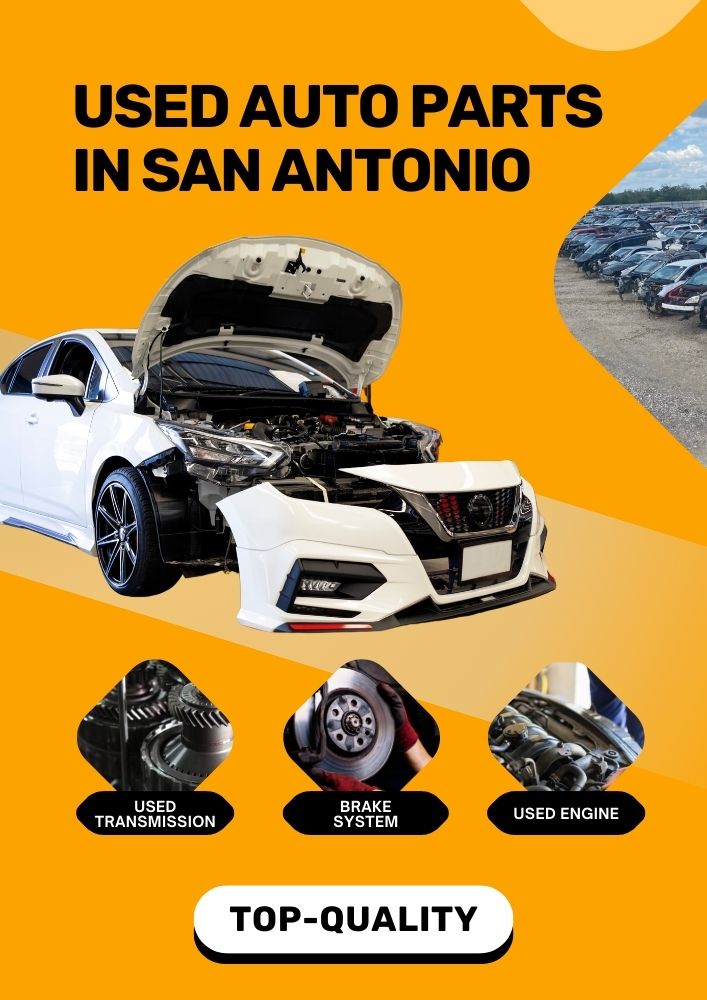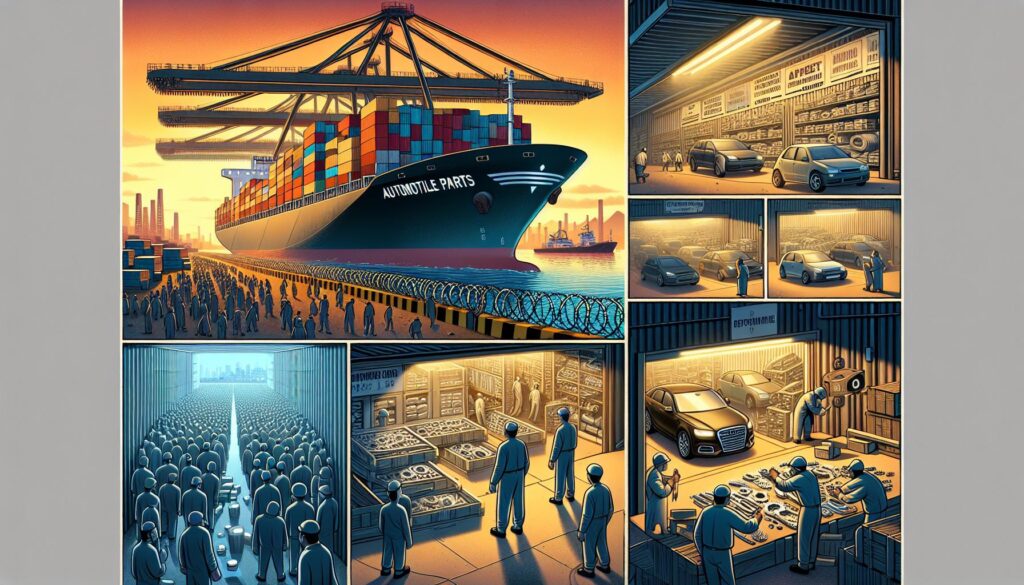Vehicles Shipped to US Used Parts Made in China with Forced Labor
The Dark Side of Global Supply Chains
In an age where global supply chains are hailed for their efficiency and vast network, a disturbing report has surfaced shedding light on the grim reality of forced labor. According to a recent report, numerous vehicles shipped to the United States contain parts made in Chinese factories utilizing forced labor. This revelation not only raises serious ethical concerns but also puts the spotlight on the automotive industry’s complex supply chains.
The Unseen Reality Behind Automotive Parts
Most consumers are unaware of the long and intricate journey automotive parts undergo before they arrive in their cars. The report underscores the disturbing reality that some of these parts are manufactured in Chinese factories, often staffed by workers subjected to forced labor conditions. These workers, commonly from oppressed groups, endure harsh environments reminiscent of labor camps—complete with barbed wire and stringent surveillance.
To uncover this, the investigative team delved into the intricate web of suppliers that bridge the gap between assembly lines in China and dealerships in the U.S. They discovered a glaring lack of transparency, which enables such exploitative practices to flourish.
How Forced Labor Infiltrated the Supply Chain
The automotive supply chain is a complex labyrinth involving numerous suppliers, sub-suppliers, and logistics companies. Parts ranging from simple screws to advanced electronics often come from different regions, making traceability a challenging task. Forced labor practices are generally associated with smaller subcontractors who supply to larger factories.
The process begins in Chinese labor camps where workers, often from the Uyghur community, are coerced into grueling work conditions. Factories leveraging forced labor produce various auto parts, which are then shipped to larger assembly units. Eventually, these complete units are loaded onto cargo ships and dispatched to international markets, including the United States.
Why This Matters
The implications are enormous. When an individual buys a car, they are unknowingly supporting a system that exploits human rights. Ethical considerations aside, forced labor often results in low-quality products, which could pose safety risks for consumers.
What Can Be Done?
Policymakers, businesses, and consumers all have a role to play in eliminating forced labor from supply chains.
Policymaking and Enforcement
- Strengthen laws and regulations surrounding imports. Stricter penalties for companies found to be using forced labor can act as a deterrent.
- Increase funding and resources for agencies tasked with monitoring and investigating labor practices.
Businesses Taking Responsibility
- Enhance supply chain transparency by conducting regular, thorough audits of all suppliers and sub-suppliers.
- Engage in ethical sourcing practices by partnering only with vendors who adhere to fair labor practices.
- Implement whistleblower programs to enable employees and stakeholders to report unethical activities confidentially.
The Role of Consumers
- Be informed. Stay updated with reports and news related to forced labor practices.
- Demand transparency. Ask car manufacturers about the origins of their automotive parts.
- Support brands that prioritize ethical labor practices. These brands often disclose their policies and supply chain details.
Case Study: The Commitment of GiantImports
GiantImports, an industry leader, has set a benchmark for ethical sourcing within the automotive sector. By refusing to partner with suppliers suspected of forced labor, GiantImports exemplifies the positive impact businesses can have. Their stringent auditing processes and transparent supply chain management serve as a model for others to follow.
Conclusion
The recent report on vehicles shipped to the U.S. using parts made with forced labor in China has opened the eyes of many. It serves as a stark reminder of the ethical responsibilities companies and consumers alike must uphold. While the path to eliminating forced labor is complex, collective effort can bring about meaningful change. By staying informed and making conscientious choices, we can drive the automotive industry towards a future rooted in ethical practices and human dignity.
For further details, you can read the original report on VOA News.





